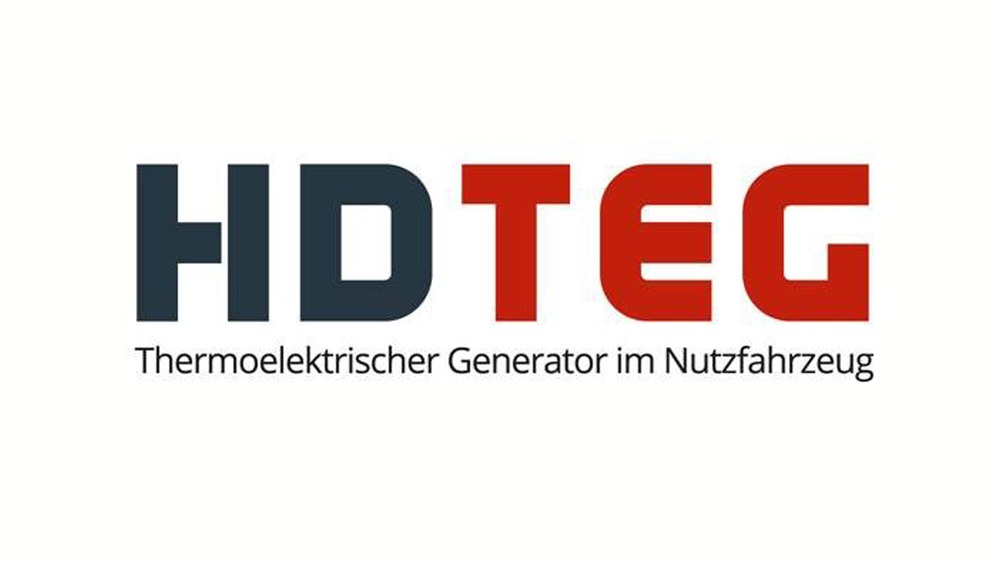Thermoelectric generators (TEG) can convert some of this waste heat directly into usable electricity and thus reduce fuel consumption. They are integrated into the exhaust tract and work according to the Seebeck effect. Their design has the advantage that there are no moving parts, which makes them particularly compact, lightweight and low-maintenance.
As part of the HD-TEG project, new types of TEGs for heavy commercial vehicles are to be investigated in order to demonstrate their potential. Heavy-duty commercial vehicles are responsible for a large proportion of CO2 emissions worldwide and a further increase is to be expected in the future. In particular, the project will look at innovative commercial vehicles with gas engines, which offer good boundary conditions for TEGs. They are predicted to have an increasing market share, as they emit fewer pollutants than diesel engines, the fuel is cheaper and the operating costs can be realised more economically.
In this way, research is making a significant contribution to the further development of future technologies and the fight against climate change. The project partners DLR Institute of Vehicle Concepts and the Research Institute of Automotive Engineering and Vehicle Engines Stuttgart (FKFS) are contributing their experience in the field of TEG and commercial vehicle engines.
The Ministry of Economic Affairs is funding the research project with around half a million euros as part of the state government's strategic dialogue on the automotive industry with funds from the state's electric mobility market growth initiative for the period 2017 - 2020.

